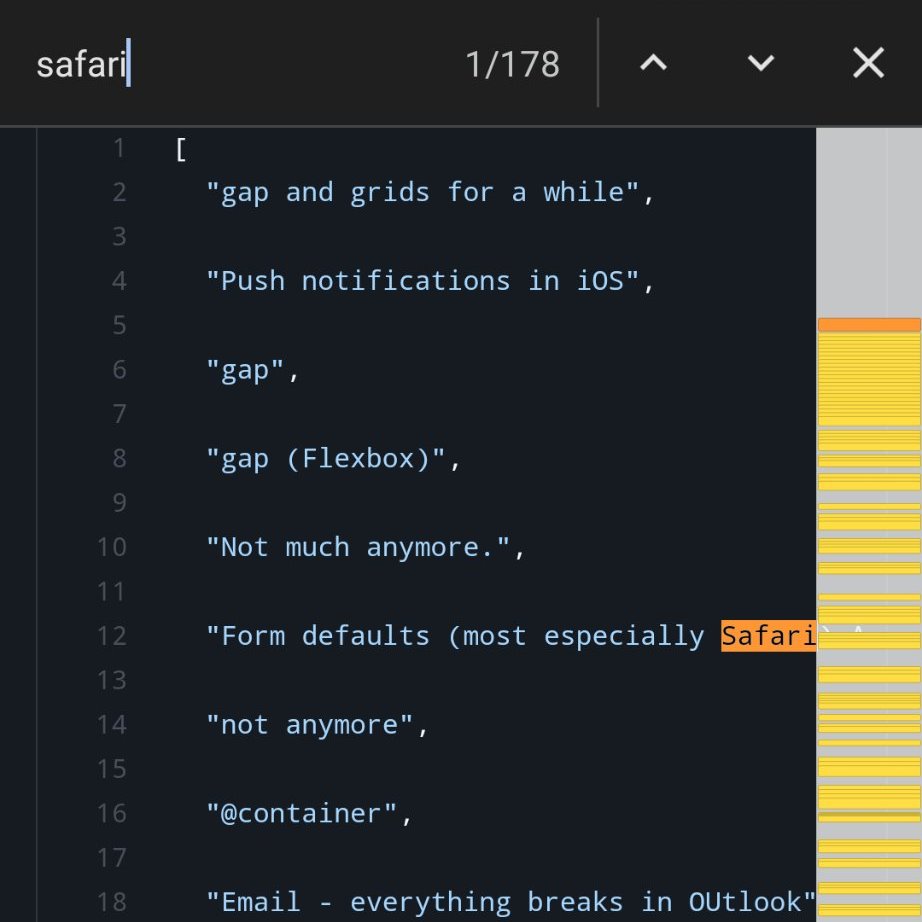
Look, I get that a lot of y'all want to dismiss the incredible scale of Web Components deployment these days because you're bought into framework(s) that are bad at DOM and don't play well with others.
But what if that wasn't the future?
Or even the new normal?
But what if that wasn't the future?
Or even the new normal?
https://twitter.com/slightlylate/status/1453190353356419076
What if you didn't need to rely on ad hoc forks of HTML and JS, or at least got decent performance and interop for your trouble?
Dare to dream of a world that's already here.
Dare to dream of a world that's already here.
It isn't helpful to point out how badly the failed promises of vdom and "concurrent mode" played out at scale, so consider instead what can be gained from *actually* writing components once...with miniscule runtimes...without global coordination.
The secret to going faster, it turned out, was always "do less work." The promises of insufficiently empowered global coordinators were always hollow. Caveat emptor.
Web Components are not a silver bullet.
Thankfully, adopting them might have a moderate chance of breaking you out of soothing, common delusions about shiny lead. It never works enough.
Thankfully, adopting them might have a moderate chance of breaking you out of soothing, common delusions about shiny lead. It never works enough.
Caring about users, particularly marginalised users, is the only path to delivering great experiences reliably. It's hard, requires skepticism and testing, and doesn't cotton easily to dogma or cheerleading.
And it's better.
And it's better.
• • •
Missing some Tweet in this thread? You can try to
force a refresh




